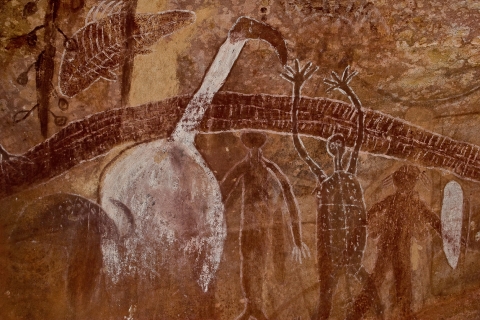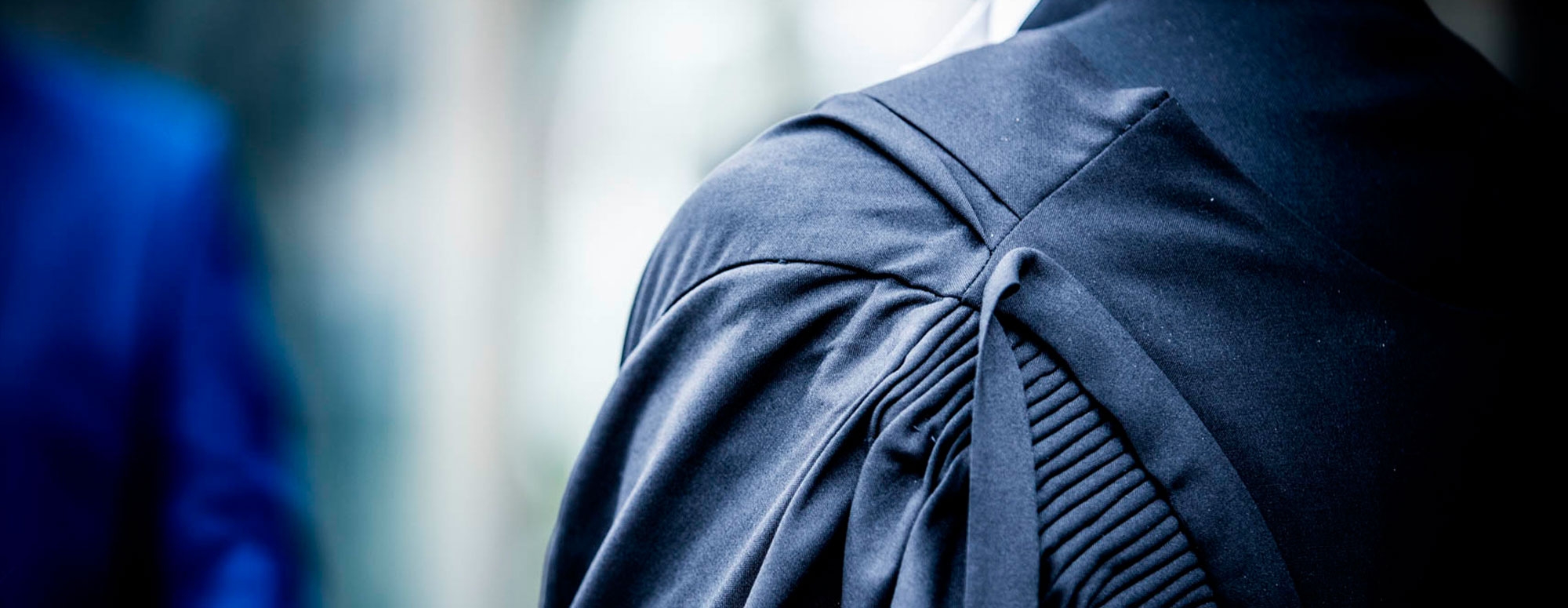National Reconciliation Week 2020

During National Reconciliation Week (NRW) the Indigenous Justice Committee is holding a CPD on the immediate needs of Indigenous people in the criminal justice system. Topics will include the use of community justice reports in court and recent decisions as to the effects of COVID-19 upon bail for Indigenous people. We are delighted that Magistrate Falla will Chair the CPD and give an acknowledgment of Country. We welcome all members of the Bar to join us at this CPD. Click here to register.
NRW is an annual event which was chosen based upon significant dates for Indigenous peoples and for non-Indigenous people striving for reconciliation. Included are significant dates in the constitutional and legal history of Australia: 1967 Referendum - 27 May, Mabo Day - 3 June. Three years ago, following regional dialogues across Australia, a national Indigenous consensus position on Indigenous constitutional recognition, the Uluru Statement from the Heart was delivered, the next stage in constitutional recognition.
The NRW theme for 2020, chosen and announced long before COVID-19, “In this together” seems prophetic as the virus has changed so many aspects of our lives and has brought together people in a common cause. At this time of national reflection and virtual connection it is time to reflect upon how constitutional recognition can be achieved and how we as barristers can contribute to community understanding of what that recognition entails.
Streaming at this time are films – documentaries providing insights into the lives and beliefs of the real people behind three of the seminal High Court cases in native title. They are worth viewing by barristers whatever their area of practise to deepen their cultural knowledge. The biopic Eddie Koiki Mabo, shows the determined lifetime struggle of an extraordinary man and places in context the two High Court cases which bear his name. The documentary Wik v Queensland tells the story of that litigation from the perspective of many people and reminds us that dance is an effective form of communication which can speak across cultures. A short documentary on Miriuwung elder Grannie Sheba Dignari singing Goorrandlng-Brolga Dreaming, the year before her death and some 28 years after she gave evidence in Ben Ward v WA, is sure to lift your spirits. It is also a reminder of the power and strength of the Miriuwung and Gajerrong women in trail-blazing the process for gender restricted evidence to be heard in Native Title proceedings.
There is also a feast of online viewing of topics of racism in sport, worthy topics on which to engage before the return of the AFL. Perspectives on the Adam Goodes story in the Final Quarter and the Australian Dream, challenge us all to think about how as individuals we can contribute to true reconciliation.


